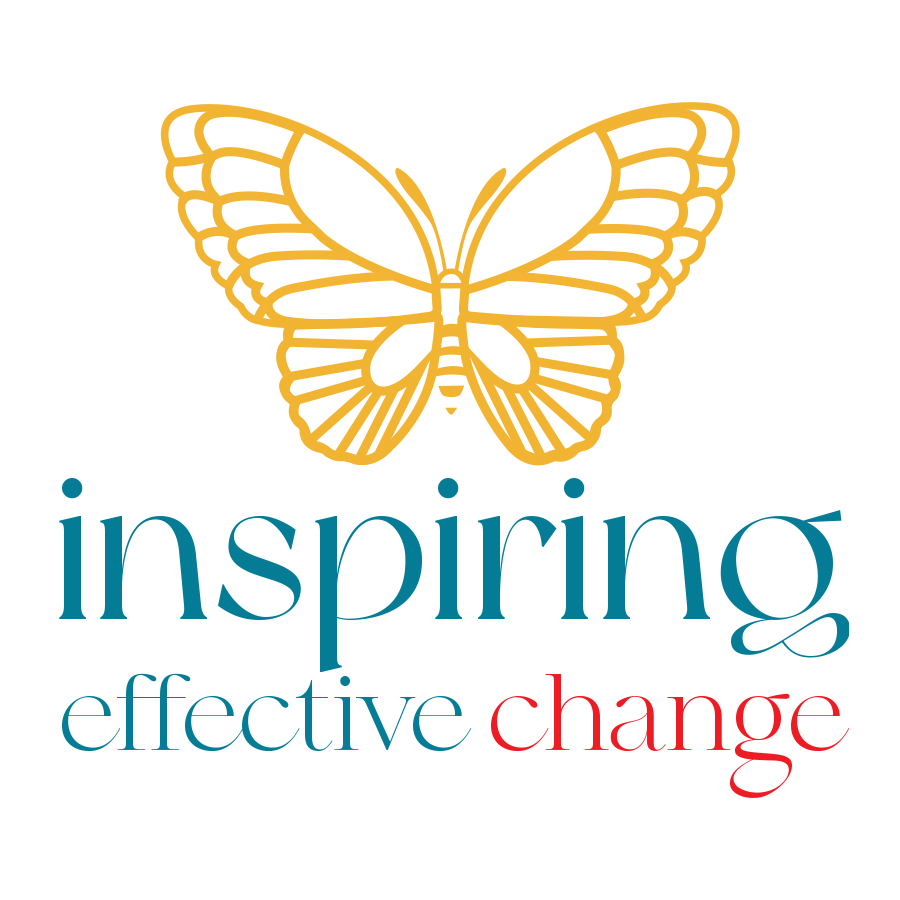As a Board Certified Behavior Analyst (BCBA) who identifies as neurodivergent, I’ve always had a compelling relationship with the concept of ‘professionalism’ and its application in the workplace. The notion of professionalism is frequently misunderstood, particularly within the growing Gen Z neurodivergent community. Often, the concept of ‘masking’ — disguising or downplaying our neurodivergent traits to conform to societal norms — unfortunately gets conflated with acting professionally. However, it is crucial to understand that building professionalism does not equate to encouraging masking.
One of the quintessential hallmarks of the neurodivergent mind tends to be ‘black and white’ thinking – a cognitive distortion where things are perceived in absolutes: good or bad, right or wrong, with no grey area in between. In this context, the danger lies in developing a mindset where a person could feel that they’re being pressed to ‘mask’ their neurodivergence when they’re simply being guided on professional conduct.
Let’s break it down — professionalism is essentially about respecting your work environment and maintaining an appropriate demeanor. This includes communication nuances, timely task completion, handling professional correspondence, respecting boundaries, and more. It’s the intrinsic occupational etiquette we all strive for in a workspace.
Masking, on the other hand, relates more closely to suppressing one’s natural traits and behaviours, often causing significant mental health challenges because it could involve denying one’s authentic self. Masking can range from suppressing stimming (self-stimulatory behaviours common in autistic individuals), forcing an unnatural display of emotion, or hiding unique thought processes. While this unfortunate coping mechanism may seem like a short-term solution to fitting in, the long-term consequences often include stress, anxiety, depression and a severe impact on self-identity.
As an employer or a mentor, it’s crucial to differentiate between advocating for professionalism and inadvertently implementing masking. For instance, holding a training session on effective workplace communication is vastly different from asking someone to suppress their natural stimming behavior. Encouraging punctuality does not infringe upon an individual’s identity, but demanding an employee to feign happiness unjustly asks for a facia facade. We must understand that one involves teaching skills that help employees thrive in a professional environment, and the other involves suppressing essential components of their identities.
I believe the key to promoting professionalism while respecting neurodivergence lies in understanding, accepting and valuing the neurodivergent traits. It’s about accommodating and adapting the work environment, focusing on strengths, and creating a nurturing sphere where professionalism can be cultivated.
For instance, if an individual prefers to communicate through email as it helps them express their thoughts better, it is perfectly professional. If another uses stress balls or discreet sensory tools, a part of stimming, to help stay focused, it should be encouraged, acknowledging that it doesn’t detract from their sense of professionalism.
At the end of the day, it’s about integrating with authenticity. Diverse minds bring innovative ideas and unique perspectives to the table. Acknowledging the fine line between professionalism and masking can greatly promote mental health and a more inclusive, supportive workplace. As we continue moving forward, let’s continue aiming for an environment where everyone’s ‘mask’ can safely come off, allowing the beauty of neurodivergence to shine through.
